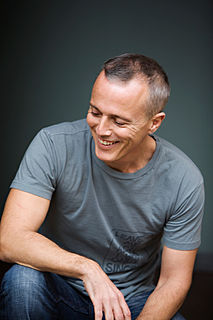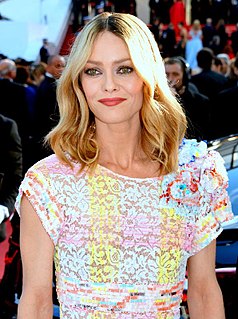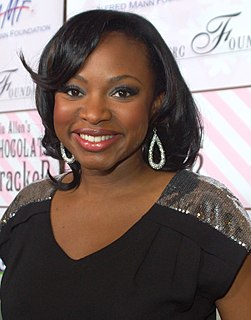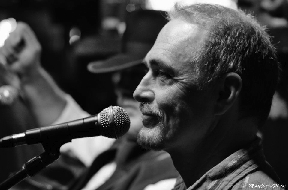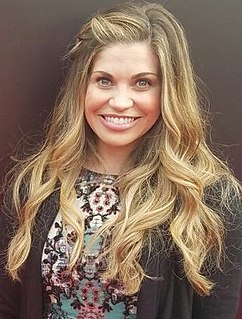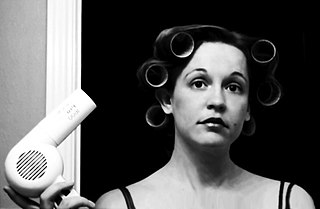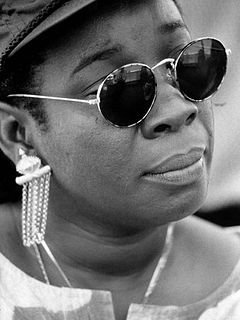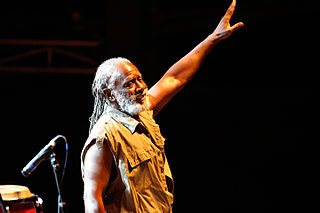A Quote by Curt Smith
I think psychology still has a sway over everything we do, but music, in and of itself, is the therapy.
Quote Topics
Related Quotes
Positive psychology is not remotely intended to replace therapy or pharmacology. So when depressed, anxious or in panic or post-traumatic stress disorder, I am all for therapies that will work. Positive psychology is another arrow in the quiver of public policy and psychology through which we can raise wellbeing above zero.
The healing power of music is vast. Music therapy is in its infancy in Western psychology. If we knew more, we'd be able to do amazing things, and maybe even make permanent changes in the brain's mysterious workings. With a simple song and four chords, you might be able to do something useful, even life-changing. With all the songs you know, you might be a virtual, veritable medicine chest for the right person.
I think that the revolution in music is over, and what's left is a mop-up action. It's a matter of the news getting out to everybody else. I think that the important changes have already happened, changes in consciousness. It's mostly a matter of everything else catching up to that. Everything is traditionally slow - much faster than it ever has been on earth but still far, far too slow.
I think what's interesting about Alice Munro, too, is the extreme mundanity of things. And how even a life reduced to complete mundanity, like capitalism taking over rural Ontario or whatever, has complete sway over aspects of life. Nevertheless, people still have these moments of weird desperation, weird longing, weird true love, or weird, powerful lust, and that was a major inspiration for me, too.
